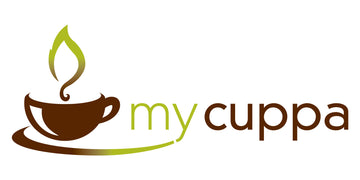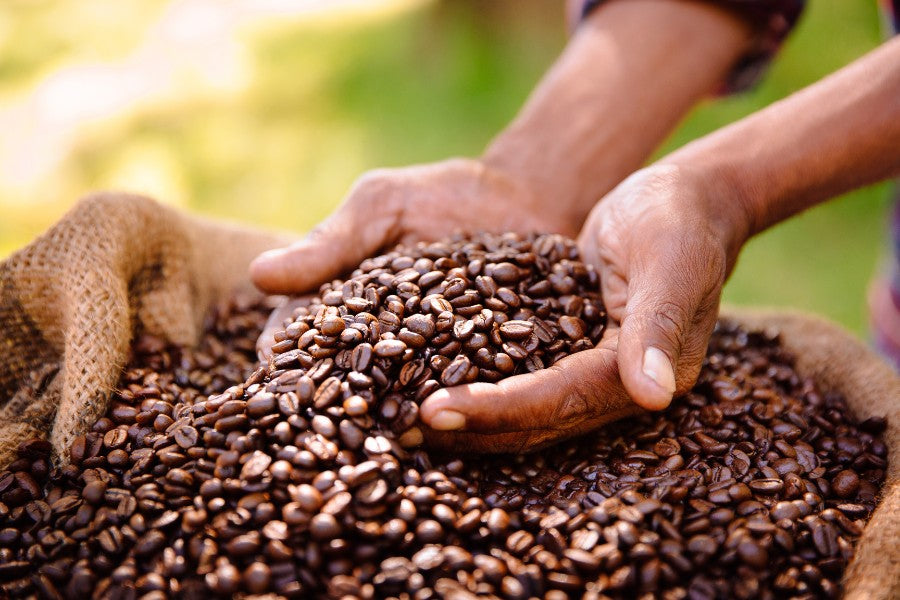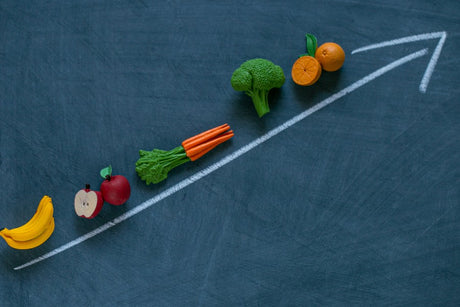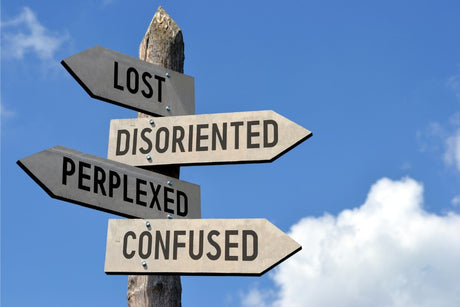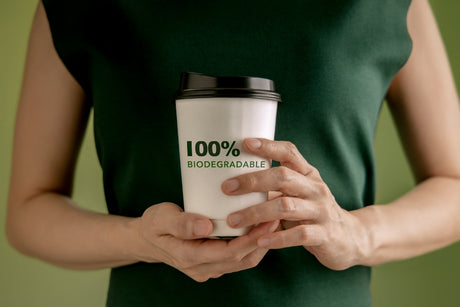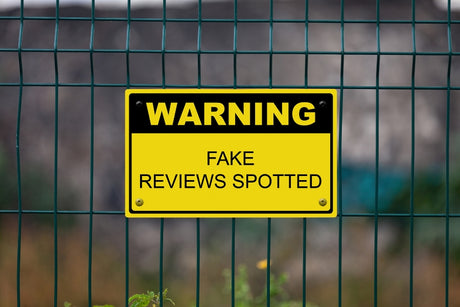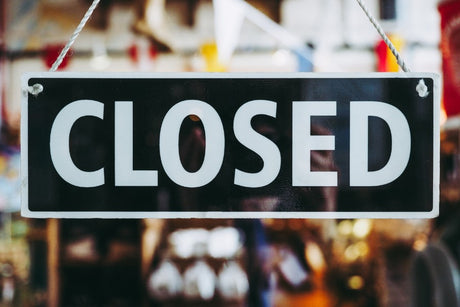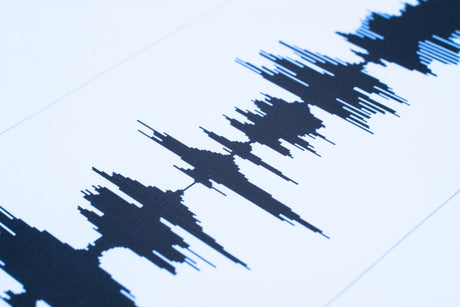Why buy coffee online
Coffee is a fresh food that will continue to stale inside of approved packaging, even when unopened.
The only way to ensure freshly roasted coffee is to purchase online from a specialty supplier who places the roast date on the pack.
We hear it often; barely a week will pass without a few callers asking the same question.
"We love your coffee, but why don't you put your coffee in the supermarket so we can buy it when we are doing our weekly shopping?"
The answer is simple.
We need total control over the quality and freshness of our product.
You will never see our coffee on a supermarket shelf - it just will not work because once it's is in the hands of a 3rd party, they will do as they please.
So here are three very important reasons why that won't happen and why you should buy coffee online from a supplier like us.
Quality.
First and foremost, our focus is quality.
Just like many other specialty coffee roasters in Australia, we source high-grade beans that are more expensive than the commercial commodity/filler low-grade used by the majority of providers who supply grocery shelves.
There are over 1,300 different raw coffee beans available in Australia.
Roasters can pick and choose how they approach quality.
Supermarket coffee produces a product that is targeted towards the lowest sourcing cost, which allows the retailer to maximize their margin.
In effect, supermarket coffee is built to a budget, albeit a very low budget.
Producing a low price, cheap coffee does not take skill or offer a worthy challenge.
If coffee lovers in Australia were happy to accept mediocre coffee (as per some other countries), I would get out of the business as it would be a lot of effort for no professional satisfaction.
We know most people who savour fine coffee will search for the perfect cup, and it's this type of customer who we service, which is why they buy coffee online.
Coffee is a fresh food.
99% of consumers believe that because coffee is stored in a sealed pack, it is the same freshness when they open it as when it was packed.
Unfortunately, this is not true.
Of course, supermarkets manage to keep freshly baked bread, milk, fruit and vegetables on the shelves - because they have control programs - generally, this can be at the supplier's expense.
However, when it comes to packaged goods with alleged 12 or 24-month shelf life, the supermarkets are quite happy to leave products on the shelves until the expiry date.
Take your typical imported Italian coffee - their standard is to stamp a 2-year Best Before date on their packs.
Speak to any coffee roaster in Australia, and they will agree it is absurd.
Still, the Australian coffee market is less demanding and sophisticated than the Italian one.
I still need to understand why Australia imports so much Italian coffee when the fresh, higher quality Australian roasted alternative is readily available.
Many consumers still think Italy is the centre of the coffee universe.
The unfortunate reality is Italy has been trapped in a time warp for the last 25 years, barely adjusting or improving their processes and turning out the same type of coffee day-in, day-out, year after year, using the cheapest beans they can source as coffee in Italy is ALL about price and not so much Taste.
Yes, there are a couple of exceptions, and without a doubt, the Italians have pioneered many innovations.
Still, you will only find true quality-focused Italian brands on Australian supermarket shelves, Illy.
A highly visible Italian brand in Australia is Lavazza.
At this time (2010), Lavazza is roasted and packaged in Italy a few times a year for bulk shipments to Australia via slow sea freight, stored in warehouses and then placed in various distribution channels for weeks and months.
All the smoke and mirrors about the freshness and goodness being specially captured in the packaging process are largely marketing fluff.
You don't see the Italian coffee brands in Australia talking about how fresh they are.
Instead, it's all about pictures of beautiful people and slick PR.
True coffee lovers know you need to use coffee within 60 days of roasting and, at the very worst, 90 days.
After day 30, coffee degrades inside the triple foil heat-sealed packaging - it does not matter if it was vac-pumped, nitrogen flushed, or any other fancy process; you can't escape the simple facts = it degrades.
If you want to buy coffee beans in Sydney, for example, then it is often easier to get fresher beans delivered than from a store.
Offering choices to customers
Once upon a time, having a good product selected to be sold on supermarket shelves was seen as a prestigious privilege and a "right of passage" for successful companies.
In those days, supermarkets needed brands.
Nowadays, supermarkets are more interested in copying branded products for home-brand/private-label purposes.
They give their labelled goods preferred positioning on shelves and special pricing to entice consumers to buy their own-branded products.
Owning the frames and the customer's spending means supermarkets can exert even more dominant and predatory market forces on numerous industries and supplies.
Consumers deserve more choice in Australia, and we will remain independent and free to innovate, evolve and optimize our product in ways that result in superior outcomes in the cup.
Engaging in price battles only results in compromises.
OK, now we have finished that rant, we supply direct to home, office and cafe customers.
We cut out the mediator to offer the best available beans at competitive prices.
Coffee is a very subjective topic as comparisons are always difficult.
How do you differentiate between a seller offering coffee for $25/kilo and another offering coffee at $49/kilo?
Which one is better, and is price an indicator of quality?
General logic points towards the higher priced coffee should be better than the lower price.
Unfortunately, price can not be used as a reliable indicator of quality. We run on lower margins than most coffee companies.
Why?
Because we want everyone to enjoy our wonderful coffees!
